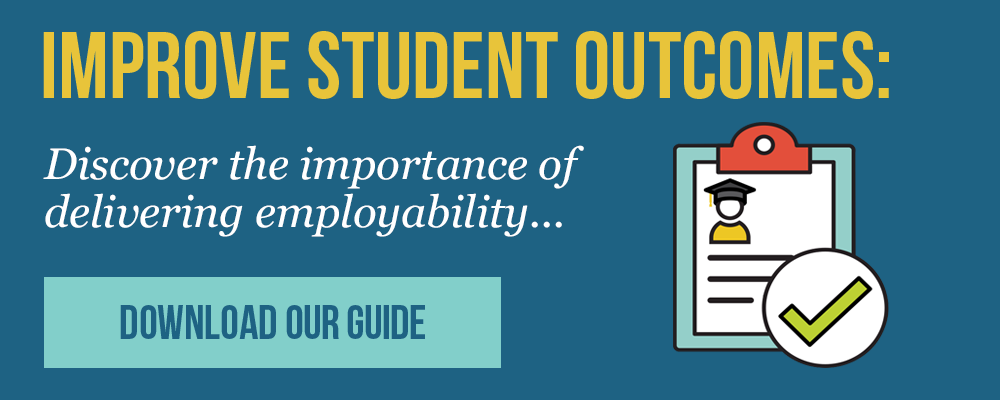
No matter where your institution is based, career guidance is difficult to master. What worked even a few years ago won’t necessarily be relevant to what your students need today. This is because the job market is an increasingly competitive place. Furthermore, what students go on to do after university has a knock-on effect for your university’s status in the league tables. Offering career guidance to improve your students’ chances of securing a worthy job after graduation is, therefore, an important part of safeguarding the success and prestige of your institution. In this blog post, we discuss the key components of winning university career guidance.
Support opportunities for work placements and internships
Career guidance isn’t solely about helping students decide what they want to do after graduation. It’s also about helping them find work experience opportunities to develop the skills they need after university. Just because a student excels at mechanical engineering and has all the hallmarks of someone who’d do well in Tata’s graduate trainee programme doesn’t mean they’re adequately prepared. Work placements and internships introduce students to the world of work and help them understand how their skills and assets can add value to an organisation. Internships also let them develop the skills, knowledge and attitude required by employers, as well as how to market themselves and establish a professional network. Partnering with the right corporate organisations, therefore, is an important part of ensuring your students find relevant work placements.
Link curriculum learning to future career applications
Traditionally, career guidance has been distinct from the core curriculum of a degree. Students would concentrate on passing their subject of choice with high marks, instead of preparing for their future. This paradigm needs to shift if graduates are to improve their prospects in the job market and gain the skills they need to stand out and thrive in the workplace. Improving student employability should now be a focus of the core curriculum, with learning objectives of individual modules linked to growing employability skills in students. This is supported by findings from National OLT research.
Help your students create career-supporting habits
“It is the raising of students’ self-awareness about employability that develops it”, writes Push CEO Johnny Rich for Times Higher Education. The same can be applied to faculty heads: the more employability is understood and spoken about, the easier it is to instil the right skills and attributes in students. Ensure support is available to help students develop their individual employability and cultivate the right habits and behaviours (such as being proactive, engaging in relevant work experience and networking within their fields of interest).
Create a platform in which alumni and students can network
As faculty head, you play a pivotal role in career guidance at your university, but so too can alumni who have graduated and forged strong careers. Current students can learn a lot from recent alumni about how to prepare for their careers, as well as gain inspiration and motivation from those already in employment. Alumni can also assist current students secure work placements and internships. As such, providing a platform in which alumni and students can meet and share information can be a helpful part of your university’s career guidance programme.
Keep your finger on the pulse of the job market and enlist the help of an employability programme
Whichever career guidance strategy you adopt, it’s important to adapt to what’s happening in the job market. Doing so will enhance graduate employability and provide the foundation for improving post-study outcomes for students. And as an added benefit, you’ll make it easier to attract the right talent to your university with a well structured employability programme.
A career development programme can complement career guidance by improving student employability and encouraging change in the mindsets of both students and the faculty towards work-readiness. Curriculo’s Industry Engagement Programme (IEP) can be easily incorporated into or alongside any degree curriculum. For an in-depth analysis of how to improve student outcomes through enhancing employability, download our guide.


